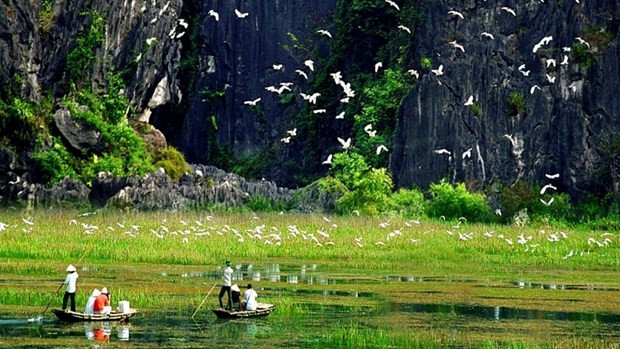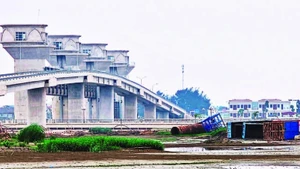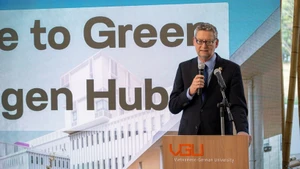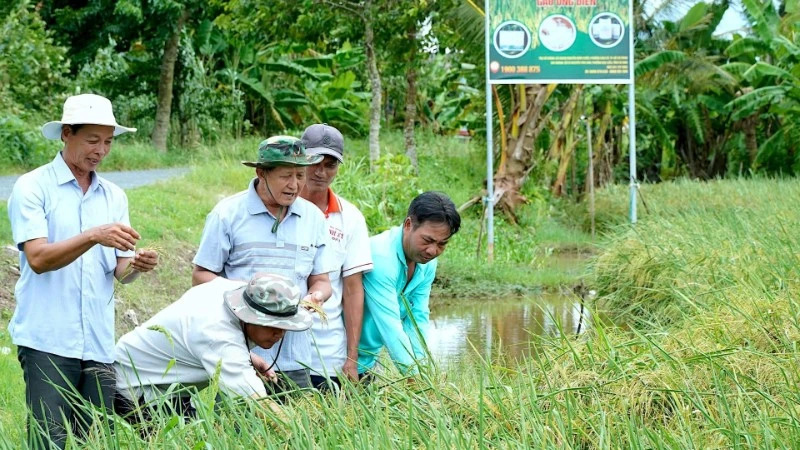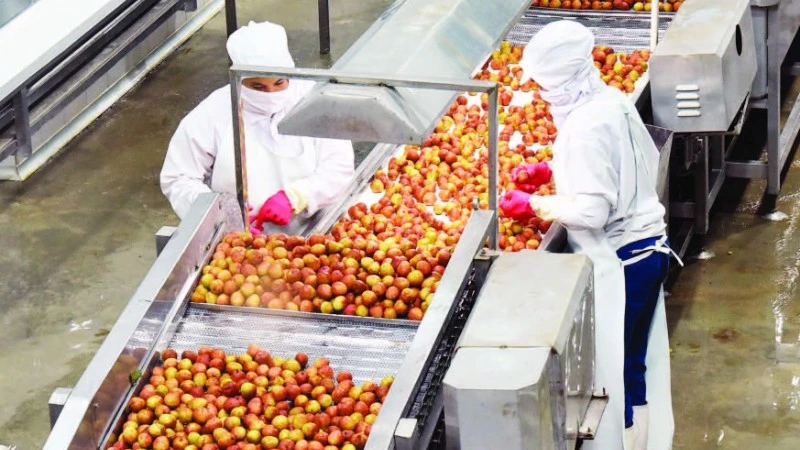The event was jointly organised by the US Agency for International Development (USAID), the Management Board for Forestry Projects of the Department of Forestry under the Ministry of Agriculture and Rural Development (MARD), and the World Wide Fund for Nature in Vietnam (WWF Vietnam).
Trieu Van Luc, Deputy Director of the Department of Forestry, said with a total of over 14.7 million ha covering 42.2% of Vietnam's natural area, forest ecosystems have greatly contributed to the national economy and livelihoods for people.
He noted that about 25 million people rely on forests to earn their living, mainly ethnic minority communities whose cultural identities are connected with forests. This is great potential to develop multi-purpose values of the forest ecosystem.
With the support of international and non-governmental organisations, the Vietnamese government has paid special attention and allocated resources to protect life in forests and promote biodiversity conservation in the face of challenges and risks to biodiversity.
Many tourist activities and tours to forests and national parks for sightseeing and observe wild flora and fauna have been organising, contributing to creating livelihoods and improving the lives of local people, especially those living in "buffer zones", Luc said.
According to John Kiely Beebe Harris from USAID in Vietnam, ecotourism holds the potential to create revenue for forest reserves and promote biodiversity conservation efforts, while also providing a source of income for local communities.
He underlined the importance to further develop eco-tourism in Vietnam, saying that this move will benefit local community and promote sustainable development of national parks and nature reserves.
Eco-tourism is about protecting nature, culture, and the future, Harris stressed.
According to Nguyen Van Hoang from Nguyen Tat Thanh university, ecotourism will include conservation, local economic development and environmental education. The principle of ecotourism is to minimise impacts on the environment, raise public awareness of the environment, and bring real experiences to tourists.
Vietnam currently has 167 special-use forests, including 34 national parks, 56 nature reserves, 14 species/habitat conservation areas, 54 landscape protection areas and forests for scientific research and experiment belonging to nine scientific units.
Delegates said that Vietnam needs to have more appropriate policies, strategies and approaches to promote the diversification of forms of forest ecosystem services.
